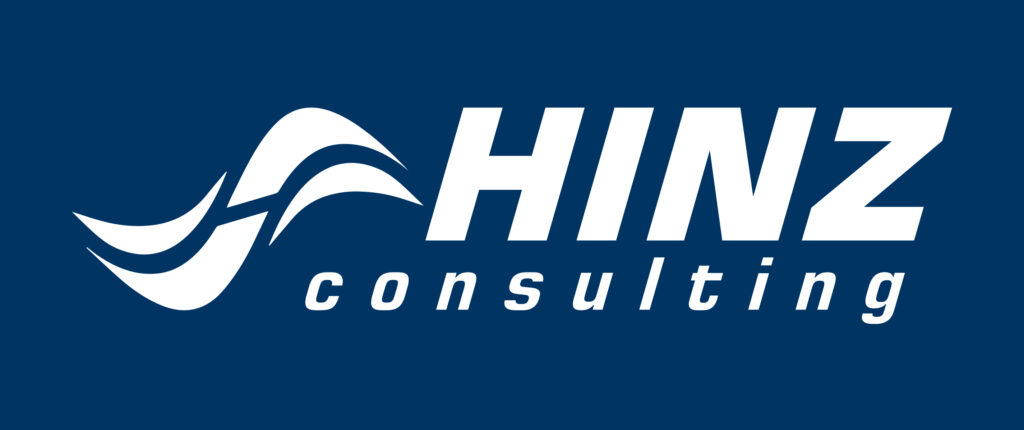State, Local, and Education (SLED) government contracting is a significant sector within public procurement, encompassing a wide range of contracts at various levels of government. Understanding how to navigate the SLED market can open up substantial business opportunities for companies of all sizes. This guide will delve into the essentials of SLED government contracting, covering its unique features, benefits, challenges, and best practices for success.
Understanding SLED Government Contracting

What is SLED?
SLED stands for State, Local, and Education. This category includes contracts issued by state governments, local municipalities, and educational institutions such as public school districts, colleges, and universities. Unlike federal contracts, SLED contracts are governed by state and local laws, which can vary widely.
Key Characteristics
- Decentralized Procurement: Unlike the federal government, which has a more centralized procurement process, SLED contracting is highly decentralized. Each state, municipality, or educational institution may have its own procurement rules and procedures.
- Variety of Opportunities: The SLED market offers a diverse array of contracting opportunities, ranging from infrastructure projects and IT services to educational supplies and healthcare services.
- Regulatory Differences: Regulations governing SLED contracts can differ significantly from one jurisdiction to another. Understanding these variations is crucial for successful contracting.
Benefits of SLED Government Contracting
Expansive Market
The SLED market is vast, offering numerous opportunities across various sectors. For example, infrastructure projects in a state could involve roads, bridges, public buildings, and more. Educational contracts might include technology solutions, curriculum development, or facility management.
Less Competition
Compared to federal contracts, SLED contracts often have less competition. This is particularly true for contracts issued by smaller municipalities or specialized educational institutions. Companies that can navigate the local procurement landscape effectively may find it easier to win contracts.
Community Impact
SLED contracts often involve projects that directly impact local communities, such as building schools, providing public health services, or maintaining public parks. Companies engaged in SLED contracting can make a tangible difference in their communities.
Opportunities for SMEs
Small and medium-sized enterprises (SMEs) can find significant opportunities in the SLED market. Many local governments and educational institutions have programs designed to encourage SME participation, such as small business set-asides or local vendor preferences.
Challenges in SLED Government Contracting
Regulatory Complexity
Navigating the varying regulations across different states and localities can be challenging. Each jurisdiction may have its own procurement laws, certification requirements, and compliance standards.
Administrative Burden
The decentralized nature of SLED contracting means that companies often need to manage multiple contracts, each with its own set of requirements and timelines. This can create an administrative burden, especially for smaller businesses.
Payment Delays
Payment terms can vary widely in SLED contracts, and delays are not uncommon. Companies must be prepared to manage cash flow effectively to handle potential delays in payment.
Relationship Management
Building and maintaining relationships with procurement officials at the state, local, and educational levels is crucial. However, this can be time-consuming and requires consistent effort and engagement.
Best Practices for SLED Government Contracting
Research and Preparation
Thoroughly research the specific requirements and regulations of the jurisdictions you are interested in. Understanding the local procurement landscape is essential for crafting competitive bids.
Develop a Strong Proposal
A well-crafted proposal is critical to winning SLED contracts. Tailor your proposal to meet the specific needs and priorities of the issuing agency. Highlight your relevant experience, capabilities, and community impact.
Build Local Partnerships
Partnering with local businesses or organizations can enhance your credibility and competitiveness. Local partners can provide valuable insights into the procurement process and help navigate local regulations.
Maintain Compliance
Ensure that your company complies with all relevant laws and regulations. This includes obtaining any necessary certifications, adhering to local labor laws, and meeting reporting requirements.
Effective Relationship Management
Invest time in building relationships with key procurement officials and stakeholders. Attend local government meetings, participate in community events, and engage with educational institutions to establish your presence and build trust.
Invest in Technology
Leverage technology to streamline your contracting process. Tools like procurement management software can help you keep track of various contracts, manage compliance, and ensure timely submissions.
Conclusion
SLED government contracting presents a wealth of opportunities for businesses willing to navigate its complexities. By understanding the unique characteristics of the SLED market, preparing thoroughly, and adopting best practices, companies can successfully win and manage contracts at the state, local, and educational levels. Engaging in SLED contracting not only offers business growth but also provides a chance to make a meaningful impact on local communities. Contact us to learn more!

